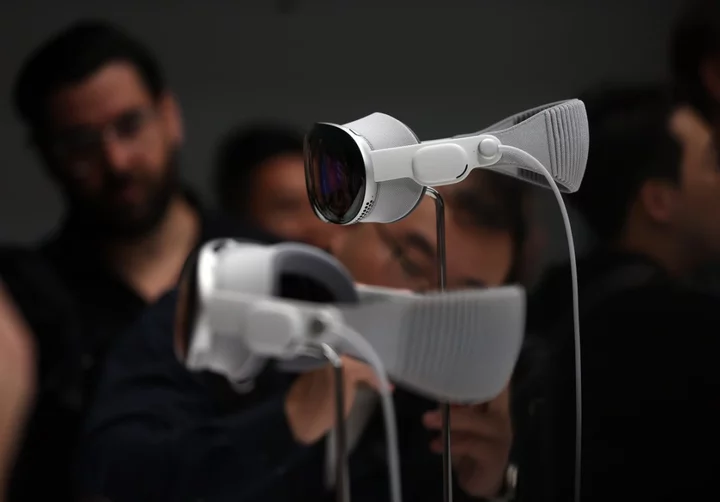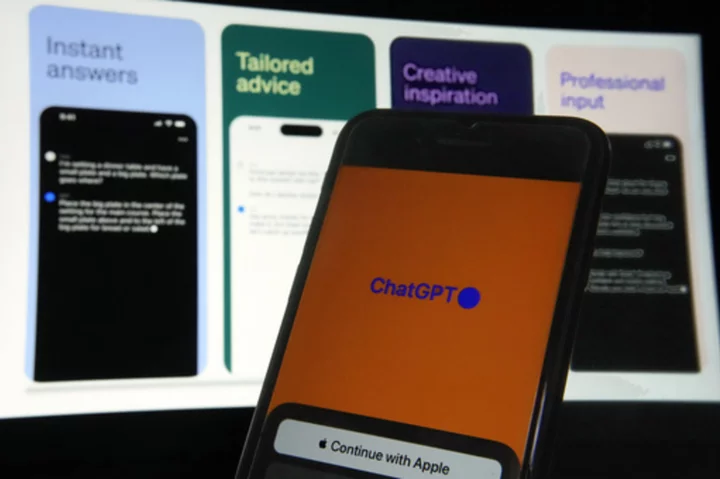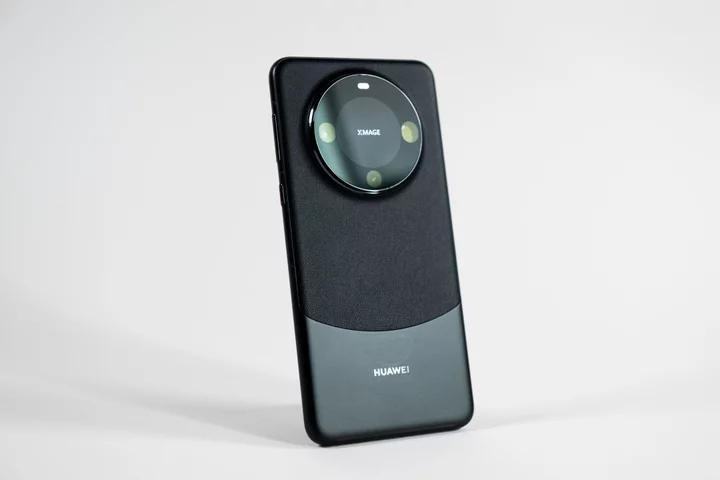Apple’s new headset is expensive, not “magical” and is fundamentally different from Meta’s vision for the future, Mark Zuckerberg has said.
The Vision One headset was revealed during Apple’s Worldwide Developers Conference this week. The company showed off both the hardware and a new idea for “spatial computing”, which will be available next year.
Apple’s headset costs $3,500, and comes with a range of features including detailed displays and cameras that allow people to see out into the real world while they are using it.
It also puts Apple in competition with Meta, which has been producing its own Quest headsets for years. Its headsets are considerably cheaper – with the upcoming Meta Quest 3 costing $499 – though are lacking in some of the same features.
Now Meta chief executive Mark Zuckerberg has responded to the launch of that headset, saying that it represents a “vision of the future of computing” that is “not the one I want”.
He also said that Meta had already explored all of the technology in Apple’s headset. It had opted to avoid using some of that technology in its own products in part because of the high cost that would be required to do so, he told staff in a meeting that was first reported by The Verge.
Mr Zuckerberg suggested that was one of a range of philosophical differences between Meta’s approach to the headset and Apple’s. He also pointed to Meta’s aim to feature social features at the heart of its own headsets, as well as fitness features.
“From what I’ve seen initially, I’d say the good news is that there’s no kind of magical solutions that they have to any of the constraints on laws of physics that our teams haven’t already explored and thought of,” he said. “They went with a higher resolution display, and between that and all the technology they put in there to power it, it costs seven times more and now requires so much energy that now you need a battery and a wire attached to it to use it. They made that design trade-off and it might make sense for the cases that they’re going for.
“But look, I think that their announcement really showcases the difference in the values and the vision that our companies bring to this in a way that I think is really important. We innovate to make sure that our products are as accessible and affordable to everyone as possible, and that is a core part of what we do. And we have sold tens of millions of Quests.
“More importantly, our vision for the metaverse and presence is fundamentally social. It’s about people interacting in new ways and feeling closer in new ways. Our device is also about being active and doing things. By contrast, every demo that they showed was a person sitting on a couch by themself. I mean, that could be the vision of the future of computing, but like, it’s not the one that I want.
“There’s a real philosophical difference in terms of how we’re approaching this. And seeing what they put out there and how they’re going to compete just made me even more excited and in a lot of ways optimistic that what we’re doing matters and is going to succeed. But it’s going to be a fun journey.”
While Meta and Apple work together in many ways, they have occasionally clashed. Apple’s introduction of privacy features has in recent years curtailed the tracking required for Facebook’s ad business, for instance, which has occasionally to friction between the two.









